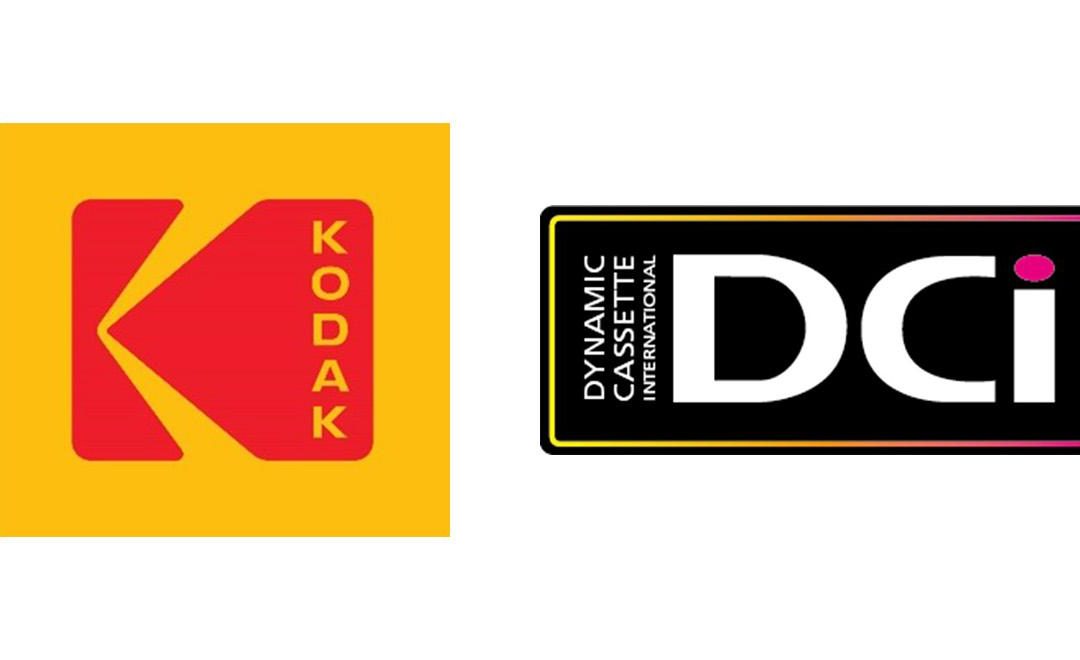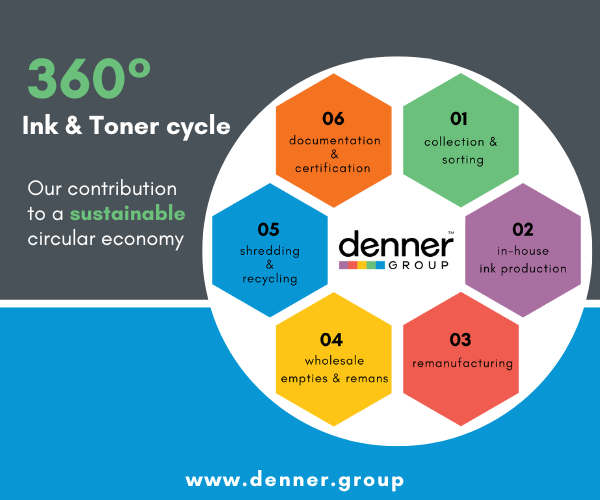 If last November’s US elections were not contentious enough, OKI found themselves receiving an adverse report from Maricopa County Attorney’s Office, which investigated printer issues related to the November 2022 general election.
If last November’s US elections were not contentious enough, OKI found themselves receiving an adverse report from Maricopa County Attorney’s Office, which investigated printer issues related to the November 2022 general election.
In the November 2022 elections, Maricopa County (Arizona) vote centres encountered numerous problems that prevented the tabulation of produced ballots by on-site tabulators. The failure was attributed to a failure of the printer fuser to maintain a heat sufficient to fuse the toner onto the paper, making the ballot papers unreadable to the vote tabulators.
Following the election, the Maricopa County Attorney’s Office appointed an external person to investigate the election printer issues, and the report was released on the 10th of April 2023.
“OKI was not contacted,” said Oki in a statement issued on their website. Not “by Maricopa County officials, investigation teams working on their behalf, election services providers, or any other parties associated with the investigation at any time during the investigation. In fact, OKI was completely unaware that an investigation was underway.”
The report states, “The County made significant investments to upgrade its BOD printer fleet. In 2017, the County had acquired commercial off the shelf Oki B432 printers to use with the Oki 9650 BOD printers. In 2020, the County retrofitted the Oki B432 printers, which previously printed only voter envelopes, to function as BOD [ballot on demand] printers, capable of printing ballots, control slips, and envelopes. In 2021, the County replaced two older BOD printer models, the Oki 9650 and the Lexmark 923, with Lexmark C4150 printers.”
The voting paper in question was 100lb (150gsm) and 20 inches (51.8cm) long, and the failure was attributed to a failure of the printer fuser to maintain a heat sufficient to fuse the toner onto the paper, making the ballot papers unreadable to the vote tabulators.
The Maricopa County report is 33 pages long and is very detailed. In their statement, OKI said they would not respond to each issue raised in the report but would like to respond to three specific statements which are factually inaccurate. We believe that all of these inaccuracies would have been avoided had the investigatory team simply contacted OKI in advance of the report’s release.
Factual Errors:
Page 24– Fuser replacement
Report statement: “The fuser inadequacy on some printers is not a problem easily remedied, as the fuser on the Oki B432 cannot be separately replaced.”
OKI’s response: The fuser for the B432 is in fact available for replacement and can be changed onsite by a printer technician. The printer itself does not need to be replaced in the event that the fuser fails.
Page 24 – Product support period
Report statement: “That problem [alleged inability to separately replace the fuser] is further exacerbated by the fact that the Oki B432 manufacturer, which has withdrawn from the North and South American markets, has established December 31, 2025 as the end of life for these printers, after which repair parts and consumables will no longer be manufactured.”
OKI’s response: Not only is the statement about fuser replacement inaccurate, the time horizon for service/support noted in the report is incorrect. OKI discontinued sales of OKI- branded printers in March 2021. OKI will abide by our legal obligations to support printers in the field with consumables and spare parts for a minimum of (5) years after product discontinuation. In the specific case of the B432 model, OKI will continue to supply consumables and spare parts for this model through at least March 31, 2028.
Page 26 – Purported “Assurances” from the manufacturer
Report statement: “Despite the assurances of the manufacturer, many of the Oki B432 printers were not capable of reliably printing 20-inch ballots on 100-pound paper under election-day conditions.”
OKI’s response: The investigation report relies heavily on another potential factual inaccuracy – that is, that the OKI B432 printers were designed to work on 100 lb. paper – to conclude that the issues in the election were caused by equipment failure. While the B432 printer supports paper weights of up to 110 lb. text (162 g/m2) through the multipurpose tray, the maximum paper weight through the paper cassettes is 80 lb. text (120 g/m2). In addition, 100 lb. cover (271 g/m2) would be well out of spec for both the multipurpose tray and cassettes.
Without clarification in the testing process that defines the exact paper type and the printing source (multipurpose tray or cassette), the conclusion is disingenuous given the fact that the use of 100 lb. paper can be out of specification for the B432 printers, as can be discerned readily from the printers’ manual. As a result, it seems that the true underlying cause of the election issues was the use of 100 lb. paper without reviewing the manual and/or confirming with OKI that such use was within the specifications of the OKI B432 printers. Had the County consulted OKI prior to such use, the design specifications would have been discussed and alternatives could have been explored.
OKI printers have been successfully deployed in election applications for many years, providing consistent, reliable performance as long as the printers are utilized within published specifications. OKI will continue to support our election services providers and counties nationwide that rely on OKI printers to meet their ballot printing demands, and we look forward to a corrected report being issued by the Maricopa County Attorney’s Office.
You can read the Maricopa County report here and the OKI statement here.
Our take on this: The report is detailed, but really, nobody contacted OKI?









